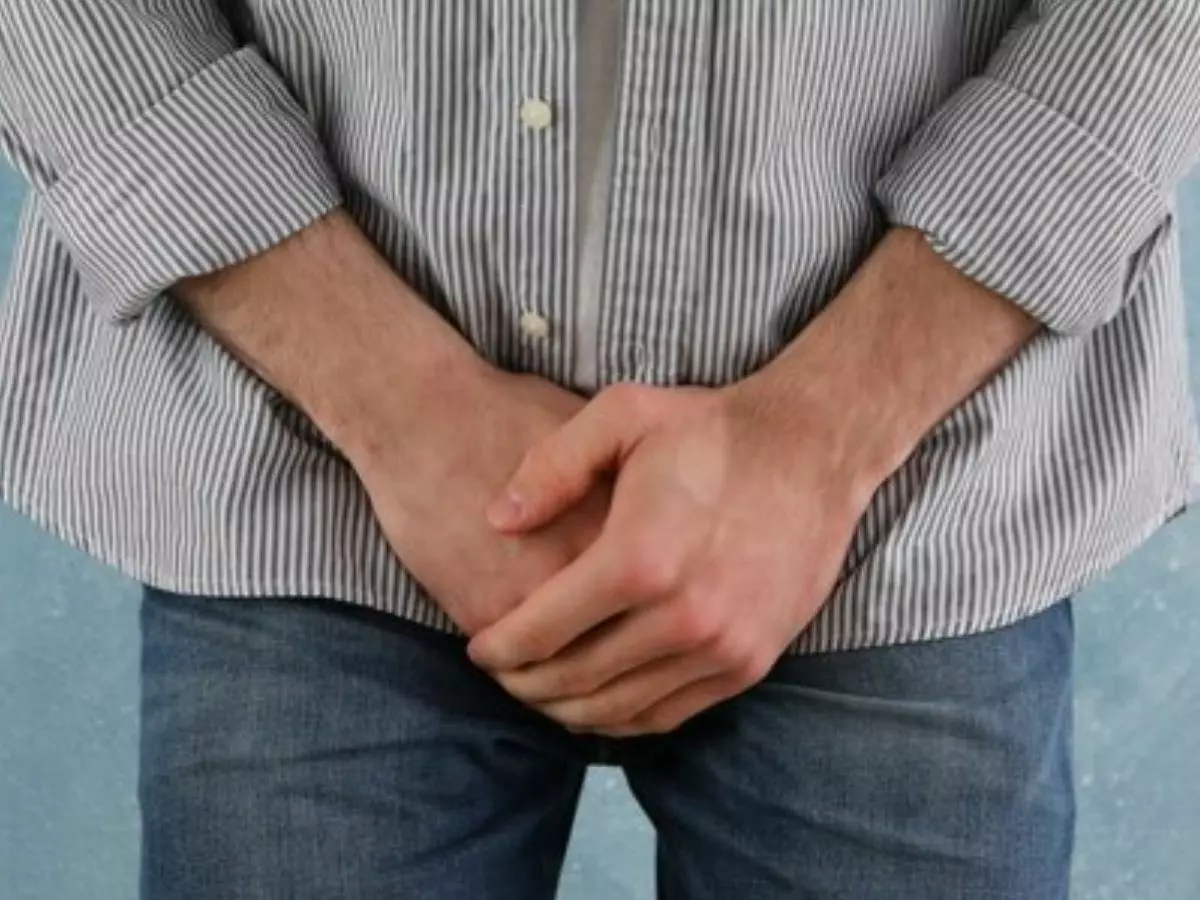Covid Could Damage Testicles, Lower Sex Drive After 120 Days, Confirms Study
This degeneration, inflammation as well as the death of testicular tissue was seen seven to 120 days post-infection. The impact was seen on both the Omicron and Delta variants of the novel coronavirus.

A study conducted by researchers in Hong Kong shares drastic side effects caused by the novel coronavirus on the male reproductive system, and how vaccinated individuals could have a lesser impact overall.
 Freepik
Freepik
Also Read: Coronavirus Could Cause Erectile Dysfunction As Side-Effect, Says Expert
Reported first by SCMP, University of Hong Kong researchers have found that the coronavirus could damage human testicles, lowering their sex drive and also affecting fertility.
This was based on a study (which has been accepted for publication in the journal Clinical Infectious Diseases) that looked at testicular and hormonal changes in hamsters infected with the virus.
Researchers saw that the hamsters who were infected experienced a steep drop in sperm count as well as serum testosterone -- a male sex hormone, in just four to seven days after infection.
They also saw a reduction in the size and weight of the testicles, also known as chronic asymmetric testicular atrophy. They also saw acute testicular inflammation, haemorrhage as well as the death of tissue in seminiferous tubules (responsible for sperm cell production) as well as an impact on sperm cell development (spermatogenesis).
 Unsplash
Unsplash
Also Read: Covid Effect: Man's Penis Shrank By 1.5 Inches After Covid-19, Says Report
This degeneration, inflammation as well as the death of testicular tissue was seen seven to 120 days post-infection. The impact was seen on both the Omicron and Delta variants of the novel coronavirus.
Researchers have also highlighted that this has the potential to result in hypogonadism -- also known as low sex drive -- as well as subfertility. They state that getting vaccinated could help avoid these complications.
Keep reading Indiatimes.com for the latest science and technology news.
